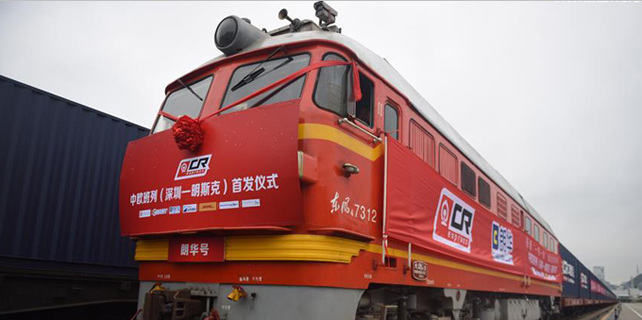Incentives attract investors to startups
New tax incentives for venture capital firms and angel investors are expected to encourage them to invest more, which will likely help boost the tech startup sector, said senior industry executives.
In April, the Ministry of Finance and the State Administration of Taxation announced certain benefits for venture capital firms and angel investors as well as individual investors.
Such investors or investment firms that pick up a stake in a tech startup at the seed stage or early stage, and stay invested for two or more years, would be eligible to deduct 70 percent of their startup investment from their taxable income.
The incentive would reduce their tax outgo, boost their net profit, and encourage them to invest in tech startups.
"New tax incentives will give us more benefits from investing in tech startups," said Li Dong, a partner at 10 Fund, a Beijing-based venture capital firm founded in 2015, dedicated to tech and consumption industries. Last year, it funded 23 startups at their early stage.
For startup-focused investment firms, the tax benefit is effective from Jan 1. For individual investors backing tech startups, the benefit will become effective from July 1.
The policy will apply to eight regions that have been identified for comprehensive innovation and reform. They are: the Beijing-Tianjin-Hebei region, Shanghai, Guangdong, the Suzhou Industrial Park, Anhui, Sichuan, Wuhan in Hubei province, Xi'an in Shaanxi province and Shenyang in Liaoning province.
Global accounting firm PricewaterhouseCoopers said in a recent study that as China has been promoting entrepreneurship and innovation, the new tax incentives would offer more funding to growing startups, which would bolster the economy and create more jobs.
PwC said unlike the previous tax incentives for investment in high-tech small and medium-sized enterprises, the new policy aims to boost tech startups, especially those with high potential.
But, a quarterly report on global venture capital trends by KPMG showed that worldwide capital activity declined 24 percent last year compared with 2015.
Xu Yong, CEO of Beijing-based AC Accelerator, said: "The new policy will have more impact on angel investors and small, early-stage venture capital firms than mature VC firms."
Xu said he has been pleading for such incentives for a long time.
Founded in 2015, AC Accelerator usually invests in cultural innovative industries, high-tech and companies riding the consumption upgrade.
The new tax incentives wouldn't really make big investors such as AC Accelerator change their investment philosophy much, Xu said.









